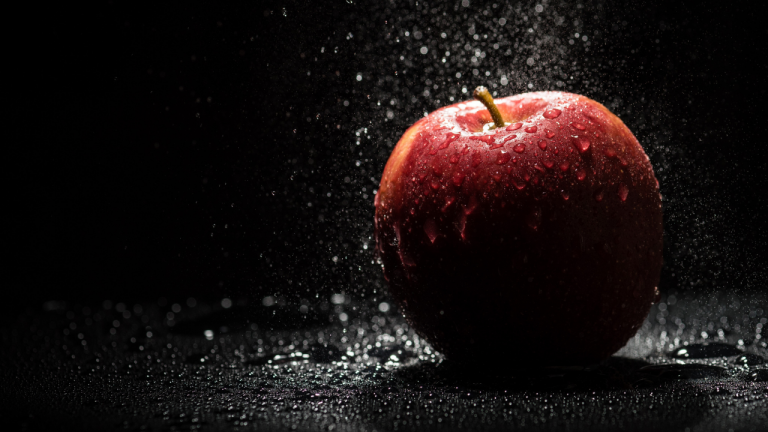Folate and folic acid

Folate is a B vitamin found in many foods. The manmade form of folate is called folic acid.
Folate is also known as folacin and vitamin B9.
Folate helps:
- the body forms healthy red blood cells
- reduce the risk of birth defects called neural tube defects, such as spina bifida, in unborn babies
A lack of folate could lead to folate deficiency anemia.
Good sources of folate
Folate is found in small amounts in many foods.
Good sources include:
- broccoli
- brussels sprouts
- leafy green vegetables, such as cabbage, kale, spring greens, and spinach
- peas
- chickpeas and kidney beans
- liver (but avoid this during pregnancy)
- breakfast cereals fortified with folic acid
- Peanut
- Sunflower seeds
- Sea foods
- Whole Grains
How much folate do I need?
Adults need 200 micrograms of folate a day. A microgram is 1,000 times smaller than a milligram (mg). The word microgram is sometimes written with the Greek symbol μ followed by the letter g (μg).
There are no long-term stores in the body, so you need to eat folate-containing foods frequently.
Most people should be able to get the amount of folate they need by eating a varied and balanced diet.
If you’re pregnant or could get pregnant
If you’re pregnant, trying for a baby, or could get pregnant, it’s recommended that you take a 400 microgram folic acid supplement daily until you’re 12 weeks pregnant.
Folic acid supplements need to be taken before you get pregnant, so start taking them before you stop using contraception or if there’s a chance you might get pregnant.
This is to help prevent neural tube defects, such as spina bifida, in your baby.
Some women have an increased risk of having a pregnancy affected by a neural tube defect and are advised to take a higher dose of 5mg of folic acid each day until they’re 12 weeks pregnant.
This is important and unlikely to cause harm, as it’s taken on a short-term basis, but speak to your doctor first.
Get more advice about vitamins and minerals during pregnancy, including who should take a higher dose of folic acid.
What happens if I take too much folic acid?
Taking doses of folic acid higher than 1mg can mask the symptoms of vitamin B12 deficiency, which can eventually damage the nervous system if it’s not spotted and treated.
This is particularly a concern for older people because it becomes more difficult to absorb vitamin B12 as you get older.
Important Tips
The Department of Health and Social Care recommends that folic acid supplements are taken by all women who are pregnant or could get pregnant.
Women who cannot get pregnant and men should be able to get all the folate they need by eating a varied and balanced diet.
If you’re taking folic acid supplements, it’s important not to take too much as this could be harmful.
Taking 1mg or less a day of folic acid supplements is unlikely to cause any harm.



